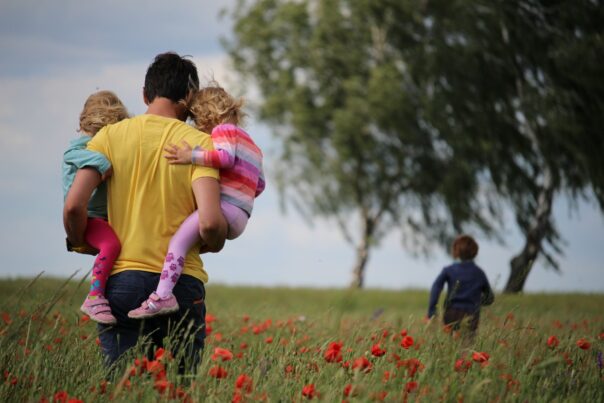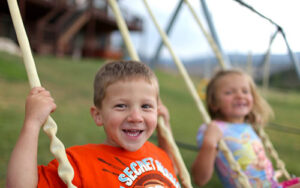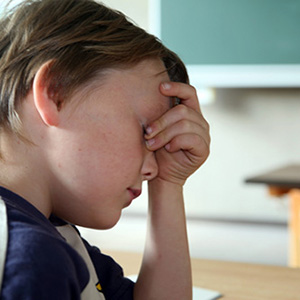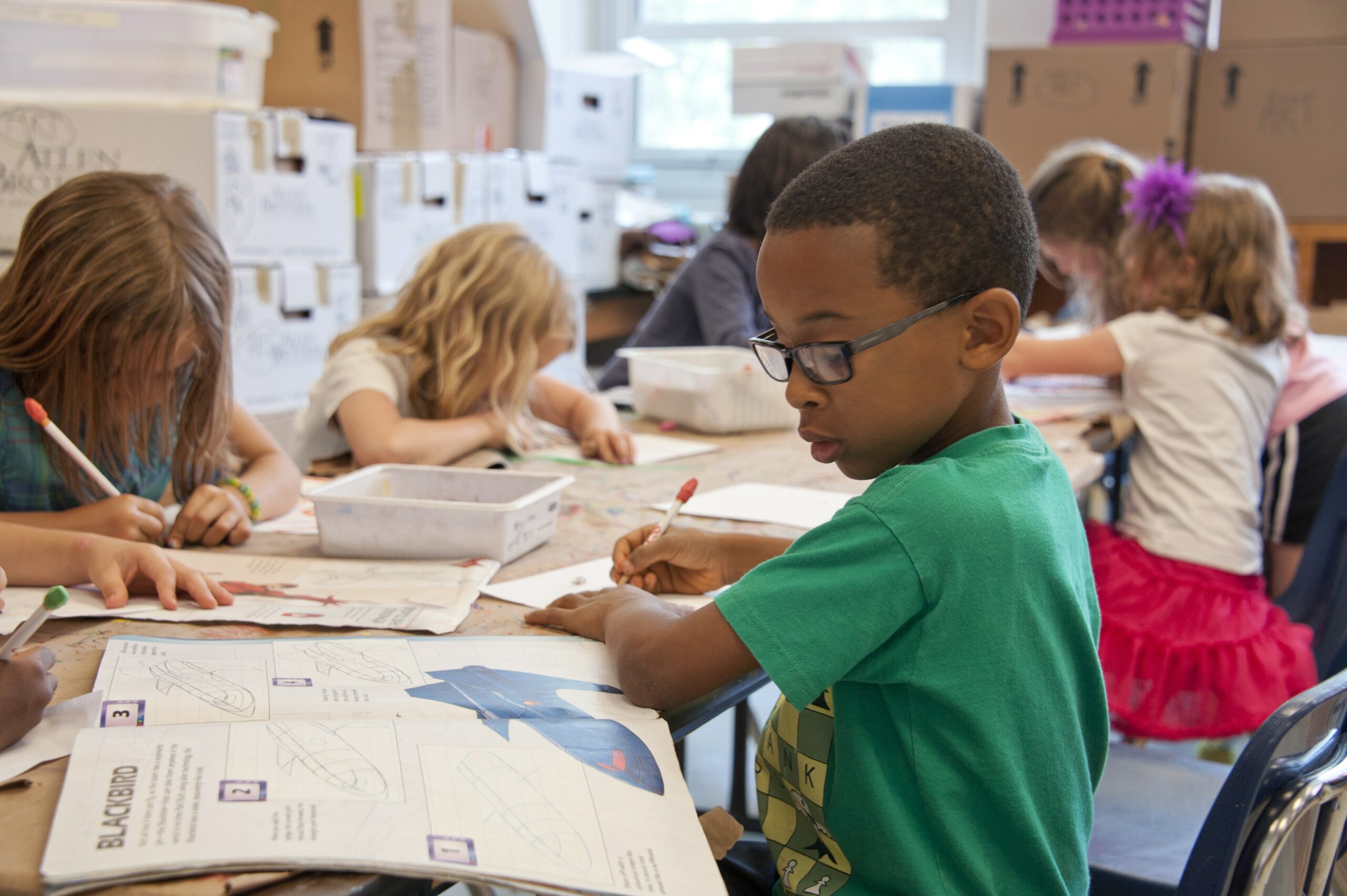
Blog
Flourishing Futures: Self-Care Activities to Empower Your Child’s Well-Being
In our fast-paced society, establishing early habits of self-care and mindfulness is essential for children, equipping them to handle future challenges and opportunities. Self-care extends





